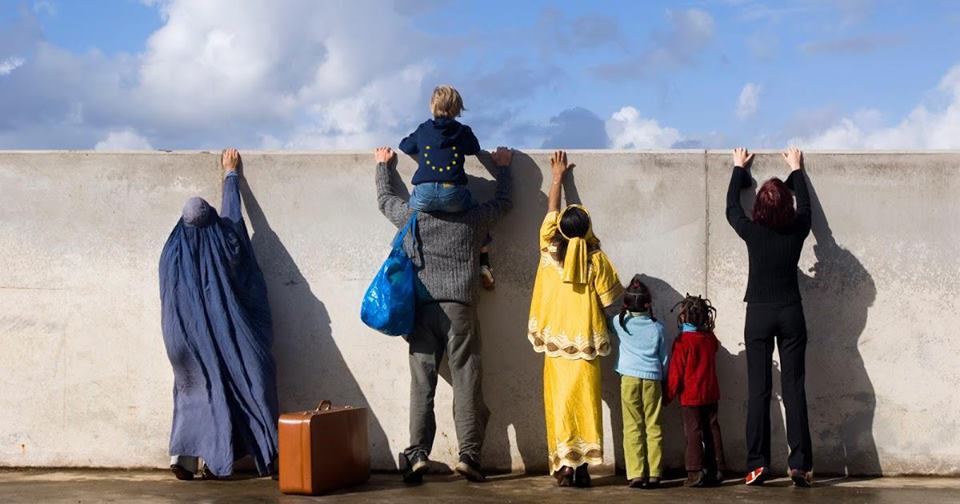Immigration has been a hot topic in the news lately, with good reason, due to the recent influx of refugees throughout Europe as well as the U.S. immigration bans. The public has been presented with various opinions on the impact that immigrants’ arrival has on countries. The question is which of these claims are proven facts and which are far from the truth.
While the U.S. is often the media’s focus on immigration debates, similar arguments are heard north of the border and, while most of the statistics below refer to U.S. immigrants, these findings largely ring true in Canada as well. The consensus is that most common immigration stereotypes are myths, a list of heavily altered false truths.

Cover Photo: Immigration March in San Diego, California (2007), by Michael Righi via Flickr. Licensed under CC BY 2.0.
Infographic Source: “5 Immigration Myths Debunked” (2014), by Maria Santana of CNN.
Infographic Source: “The Immigration ‘Boogeyman’: Separating Fact from Fiction” (2015), by University of Pennsylvania: Wharton.
Infographic Source: “Why Deporting Undocumented Immigrants Could Slow U.S. Economy” (2017), by CNBC.
Infographic Source: “Undocumented Immigrants’ State and Local Tax Contributions” (2017), by Institute on Taxation and Economic Policy (ITEP).
Infographic Source: “Ramos: 40% of Undocumented Immigrants Come by Air” (2015), by Jon Greenberg of Politifact.
Infographic Source: “Nerdscreen Immigration Fact v. Fiction” (2016), by NBC News.
Disclaimer: Any views or opinions expressed in articles are solely those of the authors and do not necessarily represent the views of the NATO Association of Canada.




